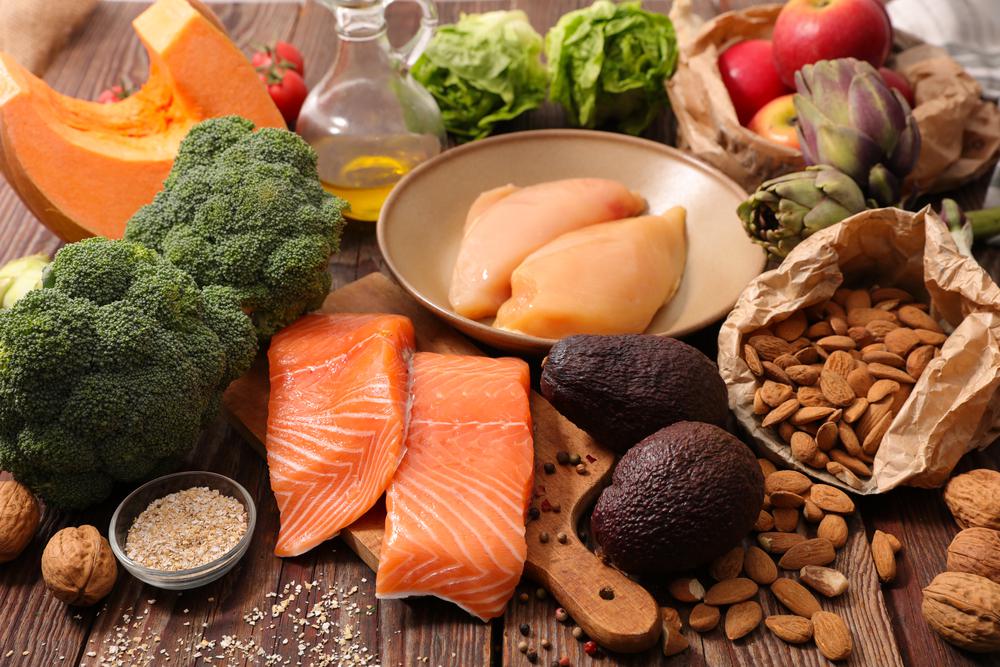
High blood pressure, also known as hypertension, is a common condition that affects millions of people worldwide. If left untreated, it can lead to serious health issues such as heart attacks, strokes, and kidney damage. Fortunately, adjusting your diet can play a significant role in managing blood pressure levels naturally. In this article, we’ll explore essential foods that can help lower blood pressure and support overall heart health.
1. Potassium-Rich Foods
Potassium helps balance the effects of sodium in the body and is crucial for blood pressure control. The more potassium you consume, the more sodium you excrete through urine, which reduces tension in your blood vessel walls. Some excellent sources of potassium include:
Bananas
Sweet potatoes
Spinach
Avocados
Tomatoes
Beans and lentils
Tip: Incorporate a variety of potassium-rich foods into your daily meals. A morning smoothie with bananas, spinach, and avocado is a great way to start the day.
2. Leafy Greens
Leafy green vegetables are packed with nitrates, which help manage blood pressure by promoting the dilation of blood vessels. Nitrates increase the production of nitric oxide, a compound that relaxes blood vessels and improves circulation. Key leafy greens include:
Kale
Arugula
Cabbage
Romaine lettuce
Beet greens
Tip: Add greens to your salads, sandwiches, or smoothies to boost their health benefits.
3. Foods Rich in Omega-3 Fatty Acids
Omega-3 fatty acids are essential fats that have been shown to reduce inflammation, lower blood pressure, and improve heart function. These healthy fats can be found in:
Fatty fish such as salmon, mackerel, and sardines
Flaxseeds and chia seeds
Walnuts
Tip: Try adding ground flaxseeds to your oatmeal or yogurt, or make a salmon dish for dinner at least twice a week to benefit from the heart-healthy omega-3s.
4. Whole Grains
Whole grains are high in fiber, which can help regulate blood pressure by promoting better cholesterol levels and reducing artery plaque buildup. Whole grains such as:
Oats
Brown rice
Barley
Quinoa
Tip: Opt for whole grain bread, pasta, and rice over refined grains, and try a hearty bowl of oatmeal for breakfast to keep your blood pressure in check.
5. Herbs and Spices
Reducing salt in your diet is one of the most effective ways to lower blood pressure. Instead of reaching for the salt shaker, season your meals with herbs and spices such as:
Garlic (which has natural blood-pressure-lowering properties)
Basil
Turmeric
Cinnamon
Conclusion: Incorporating these foods into your diet can make a significant impact on your blood pressure levels and overall heart health. Combined with regular physical activity and stress management, dietary changes can be a natural and effective way to prevent and manage hypertension.